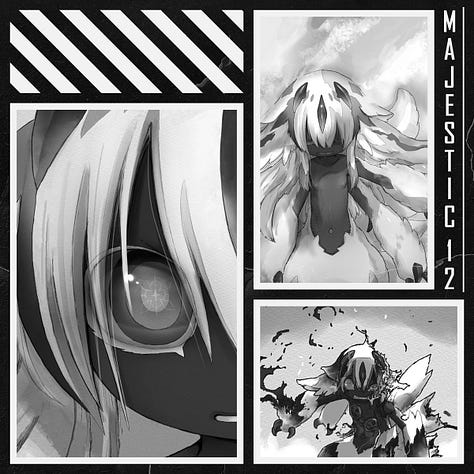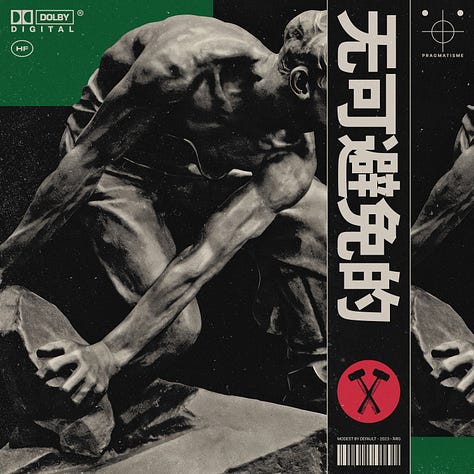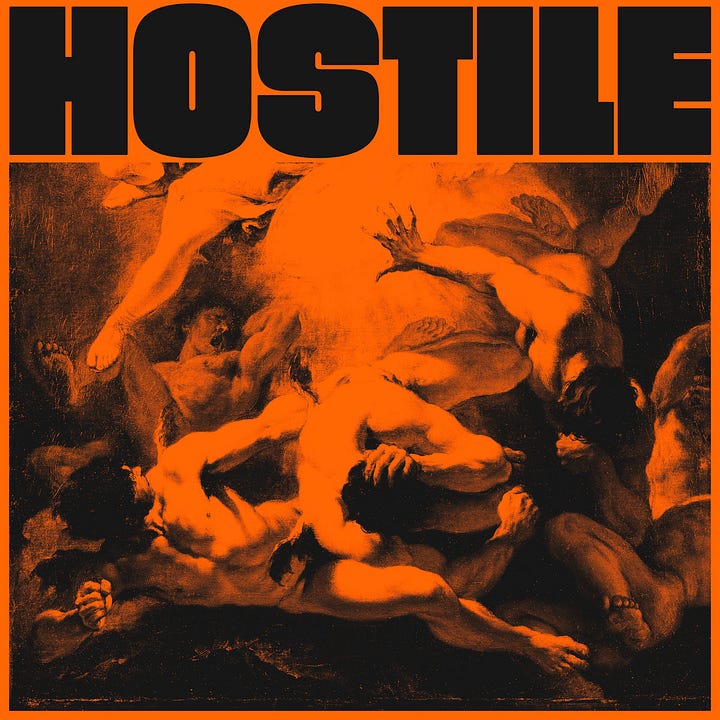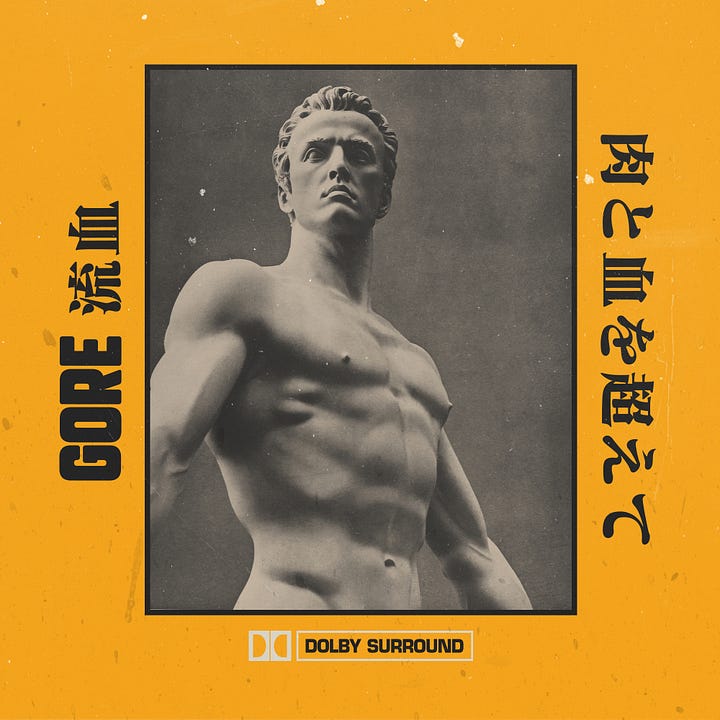




In last week’s newsletter on barber beats, I introduced a niche internet genre whose producers act like underground DJs: They hunt for obscure tunes in certain subgenres of past eras, like trip-hop, acid jazz, and liquid drum’n’bass, they assemble these tunes, pitch them down, add reverb and other effects, and then they put out collections of these vers…
Keep reading with a 7-day free trial
Subscribe to zensounds to keep reading this post and get 7 days of free access to the full post archives.



